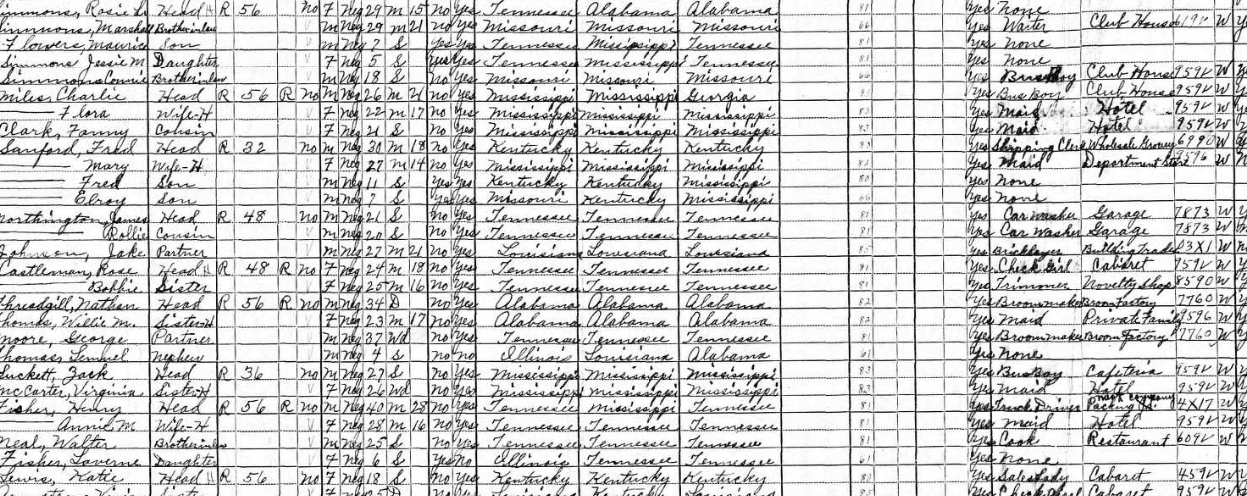Commentary on Parashat Ki Tisa, Exodus 30:11-34:35
Parashat Ki Tisa opens with God’s instruction to take a census of Israelite men aged 20 and older. Each man counted is to contribute a half-shekel “to expiate himself … so that there be no plague among them when you count them.”
Why might counting people risk summoning a plague? One explanation is that showing off how many people you have is tantamount to inviting bad luck, as if the evil eye would say: “You think you’re so great? Well, take this!” Later in the Bible, when King David conducts a census of potential soldiers, this does lead directly to a plague that kills 70,000 people. According to the Talmud, David’s error was one that “even schoolchildren know”: One must not count the Jewish people. (Berakhot 62b)
Elsewhere in Jewish tradition we find examples of others taking special care not to make this mistake. King Saul numbers his forces by having each man contribute a shard of pottery, and the Talmud describes the counting of eligible priests by a similarly indirect method. Even today, to know if there are ten eligible adults present for a prayer quorum, it’s customary to count indirectly, using a biblical verse with ten words.
Still, we must ask: Besides the fear of tempting the evil eye, why is counting people forbidden?
With your help, My Jewish Learning can provide endless opportunities for learning, connection and discovery.
One rather literal answer is God’s promise that the children of Israel will be uncountable “like the sand of the sea.” Others suggest that numbering people risks putting too much focus on flawed individuals; better the shelter of collective merit.
More metaphorically, we might say that not counting people is a way to value the unique importance of each individual life, which should never be just a number. When hearing of the massive death tolls of natural disasters, shootings or pandemics, large numbers have the tendency to deaden our ability to comprehend and respond with appropriate concern. Treating people as numbers is dehumanizing, as the blue numbers tattooed on the arms of concentration camp prisoners makes horrifically clear. Personhood is reduced to a bureaucratic tracking device.
“One who takes a single life is accounted as if they have destroyed the entire world,” the rabbis teach us. “And one who saves a life as if they have saved the entire world.” (Sanhedrin 37a) Our human value is innately immeasurable, as anyone grieving a loved one will attest. No one is, or ever could be, just a number.
Indeed, among the first things the Torah tells us is that we human beings are made in the image of God. And this, perhaps, is the symbolic resonance of Ki Tisa’s use of a coin, the half-shekel, to number the Israelites. As the Mishnah reminds us: “When a person mints a coin, each coin from the mold is identical. But not so the Supreme Ruler, the Holy One of Blessing: for each human is minted from the mold of Adam, and yet no two are alike.”
May our love and our grief remind us that every human being on this earth is unique and precious, each individual deserving of dignity.
This article initially appeared in My Jewish Learning’s Reading Torah Through Grief newsletter on March 10, 2023. To sign up to receive this newsletter each week in your inbox, click here.
Looking for a way to say Mourner’s Kaddish in a minyan? My Jewish Learning’s daily online minyan gives mourners and others an opportunity to say Kaddish in community and learn from leading rabbis.



